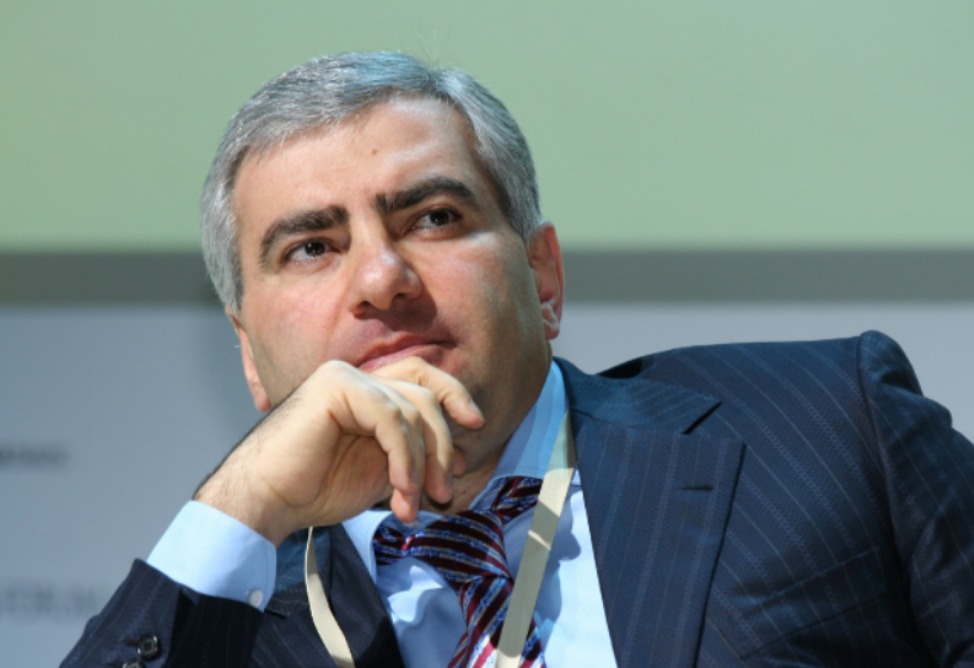Some 303 Armenians still missing after 44-day war- human righst defender

YEREVAN, August 30, /ARKA/. On the occasion of the International Day of the Victims of Enforced Disappearances, established by the General Assembly of the United Nations, Armenia's Human Rights Defender Kristinne Grigoryan issued a message that reads as follows:
'The enforced disappearances of persons are a recurrent and ongoing violation of human rights. They are initiated by the permission or consent of state representatives and officials, and are followed by the denial or concealment of the whereabouts of the missing person.
Enforced disappearances have a severe impact both on the victims, who are usually subjected to torture and live in a constant fear on their lives, and on their relatives and family members, who are unaware of their fate, and live with constant anticipation of their return
Regrettably, the ongoing conflicts in the modern world have created a “favorable” environment for enforced disappearances, unfortunately, we know this through our own example, and we continue to suffer the pain and constant battle of the victims of enforced disappearances and their relatives during and after the 44-day war.
According to the data presented by the International Committee of the Red Cross in August 2022, 303 persons are still considered missing as a result of the 44-day war in 2020.
The continuous Azerbaijani policy of providing distorted or no information at all on the prisoners of war, civilian captives, and missing persons is a blatant act of using human rights issues for political purposes, violating al norms of international humanitarian law.
Unfortunately, international response mechanisms to cases of enforced disappearances have demonstrated their lack of effectiveness during these critical days. Therefore, this is a reason to actively work with all competent actors in this direction.
At the same time, it should be noted that in order to implement the rules provided by international law, states must fix these norms in their respective domestic legislation and take all the necessary measures to ensure their implementation. Therefore, in this regard, The Office of the Human Rights Defender of Armenia is ready to work with the Government of Armenia in the direction of improving the domestic legislation and institutional framework aimed at ensuring the rights of missing persons and their relatives.
Taking all the necessary measures within the context of the mandate of the Human Rights Defender in finding and assisting the missing persons, I strongly condemn all cases of enforced disappearances, and I call on to unite all efforts and take all the necessary measures to find all missing persons and to effectively guarantee their rights and those of their families.'
According to the latest data, 3,825 residents of Armenia and Nagorno-Karabakh were killed in the 44-day war in the conflict zone in 2020 autumn,
On September 27, 2020, Azerbaijani armed forces, backed by Turkey and foreign mercenaries and terrorists, attacked Nagorno-Karabakh along the entire front line using rocket and artillery weapons, heavy armored vehicles, military aircraft and prohibited types of weapons such as cluster bombs and phosphorus weapons.
After 44 days of the war, on November 9, the leaders of Russia, Azerbaijan and Armenia signed a statement on the cessation of all hostilities. According to the document, the town of Shushi, the districts of Agdam, Kelbajar and Lachin were handed over to Azerbaijan, with the exception of a 5-kilometer corridor connecting Karabakh with Armenia.
A Russian peacekeeping contingent was deployed along the contact line in Karabakh and along the Lachin corridor. -0-



